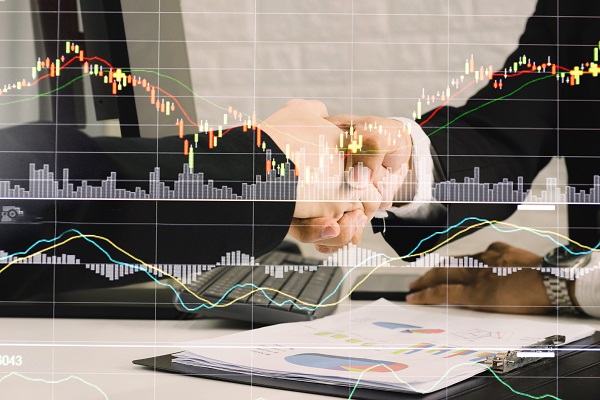.png)

Babuji K is a career central banker with 35 years at RBI in exchange rate management, reserve operations, supervision, and training.
June 23, 2025 at 1:59 PM IST
We try to predict the unpredictable. Each tick of the market seduces us into thinking we can outwit volatility. Yet, again and again, it is not the system or the strategy that falters. It is the mind.
The biggest losses in trading are rarely numerical. They are emotional collapses dressed up as rational decisions. Fear, greed, regret and anticipation jostle for space in a trader's head, often overwhelming the original idea. Ancient Stoic philosophy, born two millennia ago in the porticoes of Athens, offers a strikingly modern antidote.
Stoicism teaches that it is not events themselves that disturb us, but our interpretations of them. This mirrors a truth every seasoned trader learns the hard way: most losses are imagined before they materialise, and most anxiety is self-inflicted.
Take the example of a retail trader on 10 June 2025. Nifty looked ready to break past its 24,500–25,000 range. TCS, which heavily weights both CNX IT and the Nifty 50, signalled a breakout. The charts aligned, the trendlines looked convincing, and the trader went long.
Markets closed lower. Not disastrously so, but enough to ignite panic. That night, the trader's mind spiralled into catastrophe. He feared a collapse, questioned his judgment, and mentally wrote off his capital. The next morning, TCS dipped again, then reversed sharply. He exited with a modest profit.
What changed? Not the market. The reality stayed within statistical expectation. What swung wildly was the emotional pendulum. As Seneca wrote, "We suffer more often in imagination than in reality." The trader had suffered before there was anything to suffer.
Rational Anchor
This dance between fear and hope, conviction and doubt, defines retail trading. Confirmation bias kicks in once the position is entered. When the market disagrees, the mind resists. FOMO often triggered the trade, and now, despair is threatening to close it.
Stoicism offers a counterweight. Epictetus argued that we must focus only on what is within our control: our actions, responses and thoughts. Not the market, not external sentiment, not the outcome of any single trade. In trading psychology, this discipline is more valuable than any technical indicator.
The best traders are not always the best analysts. They are the most composed. They recognise that markets are collective expressions of crowd psychology. They cannot be tamed. What can be tempered is one’s reaction to them.
A Stoic trader views drawdowns as part of the game, not as moral failure. A gain is not a validation of self-worth. A loss is not a personal indictment. The market is not an enemy. It is a mirror.
In this way, Stoicism is not an abstract philosophy but a practical mental framework. It reminds the trader to return to process, not outcome. To presence, not projection. To reason, not reaction.




